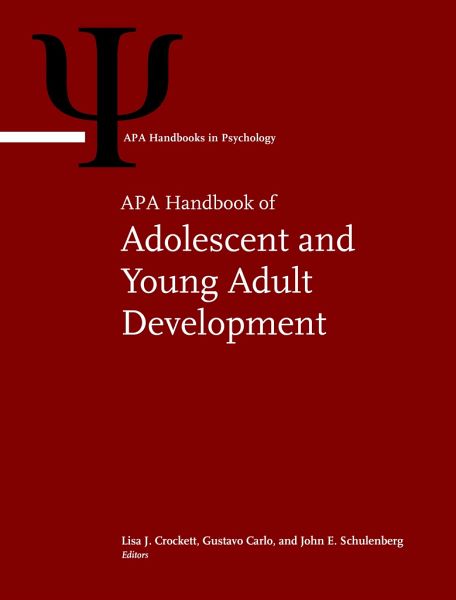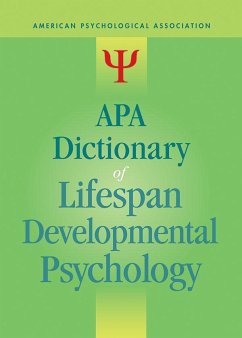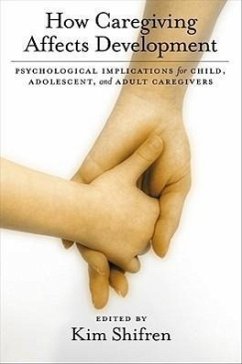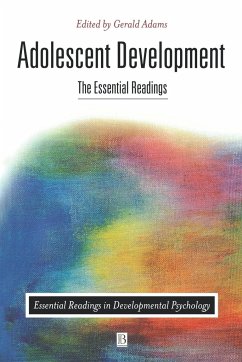Nicht lieferbar

APA Handbook of Adolescent and Young Adult Development
Volume 1
Herausgeber: Crockett, Lisa J; Schulenberg, John E; Carlo, Gustavo
Versandkostenfrei!
Nicht lieferbar
This handbook reviews factors that impact youth development, including biological, cognitive, and emotive processes; development through social contexts; cultural diversity; risk behaviors and psychopathology; positive youth development; intervention and policy.












